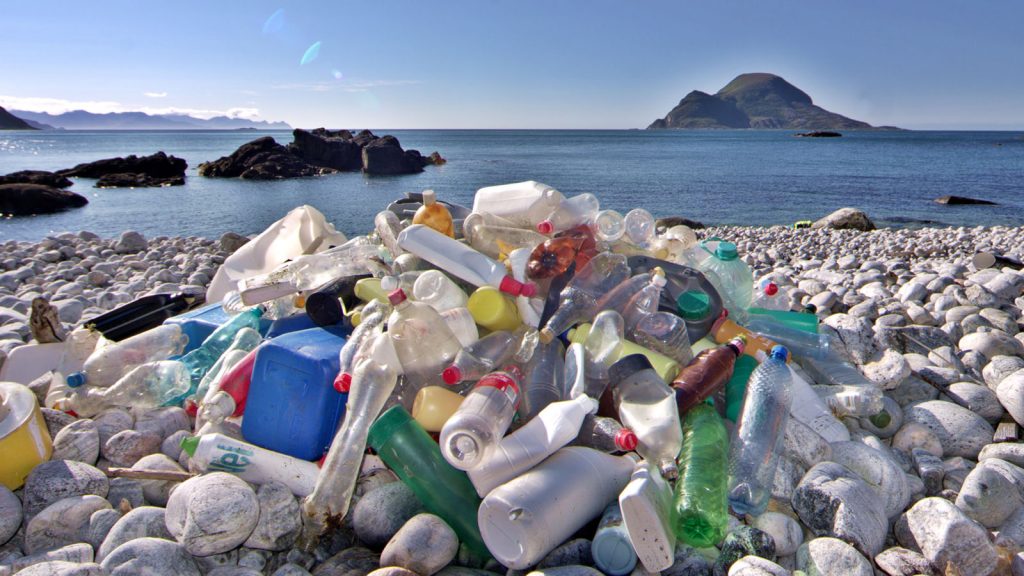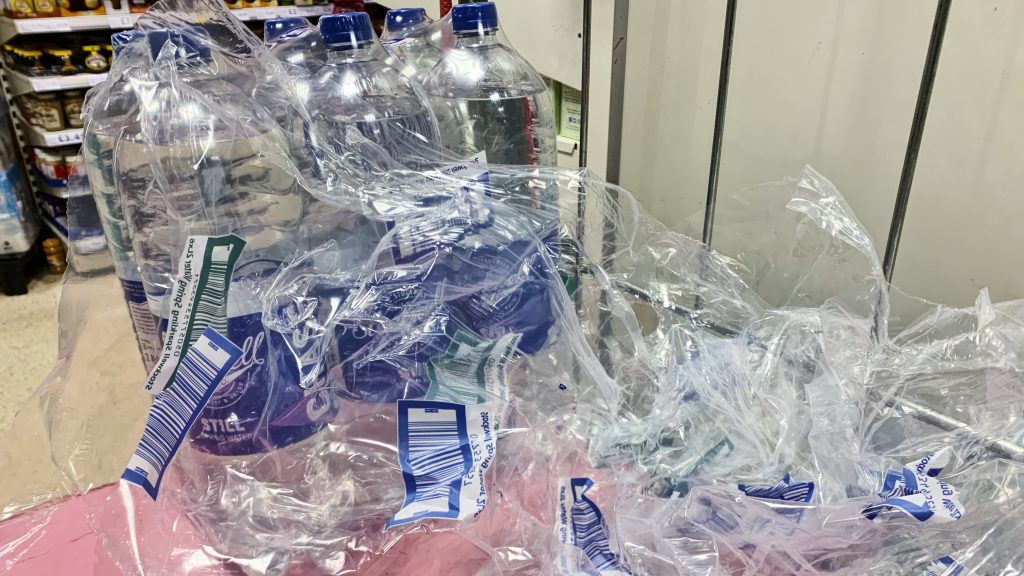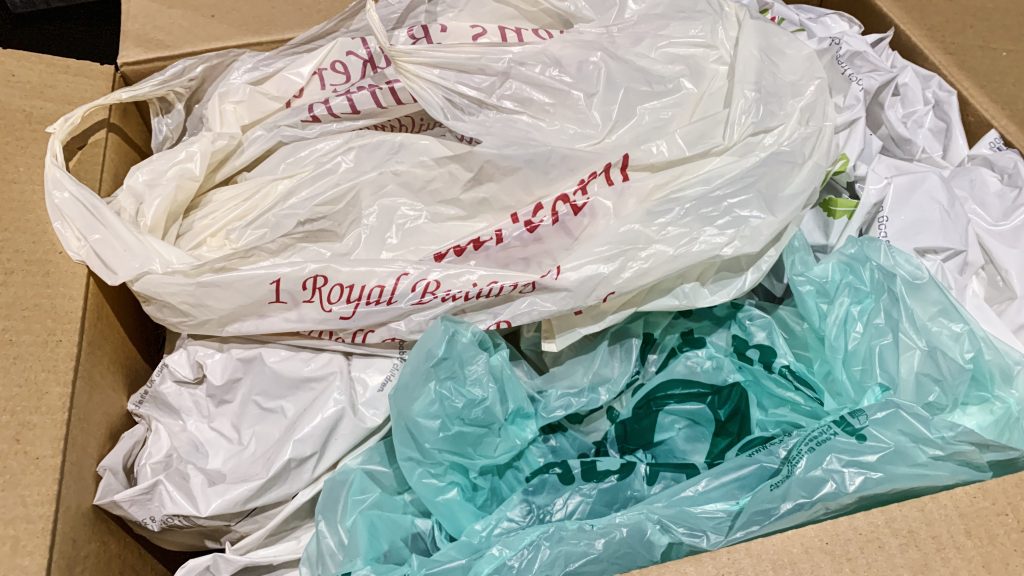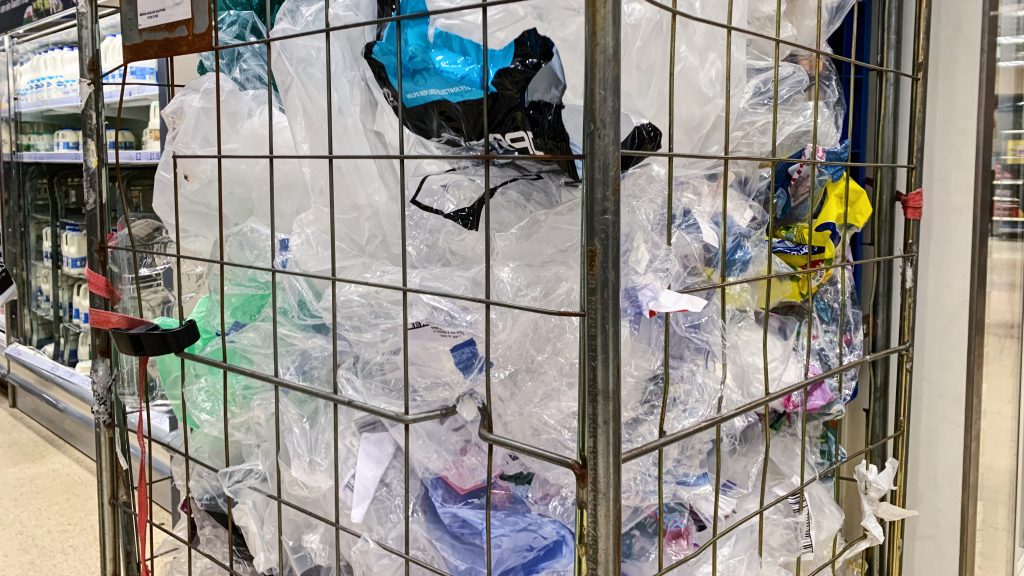The Welsh government has proposed a plastic tax, would this be an effective way to tackle disposable waste?

You’ve probably seen these kinds of shocking images: a turtle bearing the pain brought by plastic straws in its nostrils; seabirds dying as pieces of plastic clog up their digestive tract; the stomachs of dead animals are stuffed with indigestible plastic. The seemingly lightweight plastic products certainly benefit people, but also bring great harm to the world. These products are like a double-edged sword, which has troubled people for many years.
However, our demand for plastics has not shown any signs of mitigation. Since large mass production began in the early 1950s, we have consumed more than 8.3 billion tons of plastics, more than half of which has been produced in the past 13 years. “Plastic waste and packaging waste are two very important issues, because every year in the UK, we produce about 11 million tons of packaging waste, of which 2.3 million tons is plastic packaging waste,” said Hannah Blythyn, Deputy Minister for Housing and Welsh Government.

Fortunately, the Welsh Government has put forward a tax on disposable single use cups to reduce their use as one of four new taxes considered by the Cabinet Secretary for Finance. “I agree with this proposal, because plastics do not decomposed in rivers and oceans for centuries, which will have a bad influence on the world’s environment. In addition, the fish in the sea will also eat plastic products, and then we will eat them,”said Councillor Ramesh Patel, a member of the Environmental Scrutiny Committee.
The proposal is in the ‘call for evidence’ phase, which is open until 12thMay 2019. People can give the government their own questions and insights about the project through the internet.
On the one hand, the proposal aims to encourage enterprises and companies to use recycled plastic products, as this will help to improve recovery quality. In that way, more plastic can be turned into useful and valuable resources instead of being sent to landfills or incinerators. “We can’t make everything 100% recycled, so the goal is to increase that as much as possible. What’s more, it needs time, continuous progress and improvement to help solve the problem,” said Councillor Patel.
On the other hand, the proposal wants to reduce plastic waste. More than two million tons of plastic packaging are used in the UK every year, accounting for 44% of the country’s plastic use. More seriously, the vast majority of plastic waste comes from new plastic packaging rather than recycled packaging.

“I would think that if we are doing more recycling and we’re putting it back into products, surely it will become cheaper,”said Naomi, a member of Rhiwbina Against Plastic, an organization that is attempting to reduce unnecessary plastic,“maybe there’s a better solution, but I think it is a great start that we are thinking of using recycled plastic and making sure we are reusing products.”
However, there are different views on who is responsible for the tax. Since recycled plastics are usually more expensive than disposable plastics, even though it has less environmental impact, a significant increase in the price of new plastics will make companies reluctant to commit to a long-term use of recycled plastics. “I think most manufacturers would recognize that the company doesn’t have to pay this tax, because if they don’t use that sort of packaging, they will sell more, because it’s going to be cheaper,” said Councillor Norma Mackie.
Nonetheless, many people still insist that companies should take the responsibility. “It is the manufacturer’s problem for me, not my problem or anyone else’s problem. If the price is more expensive, the manufacturer must find a solution, and manufacturers have a duty to look after the environment as well,” said Councillor Patel.
The government wants to introduce a tax rate that would change manufacturers’ behavior and boost demand for recycled plastics. “I say, let the market be open to competition, ” said Councillor Patel, “so these big companies will compete with whoever is the cheapest to recycle, they are just going to make less profit, because that’s what it comes down to. Instead of making ten pence profit, they may have to make eight pence profit.”

On the contrary, some argue that the government should pay for the cost of tackling plastic waste. “The government probably has more money to spend on this from taxes, so it should be their priority,” said Tomas, a student.
